【Woman Who Does as Her Oppa Wishes (2024)】
It’s All Lustful to Me
Look
Georgia’s obscene novels.
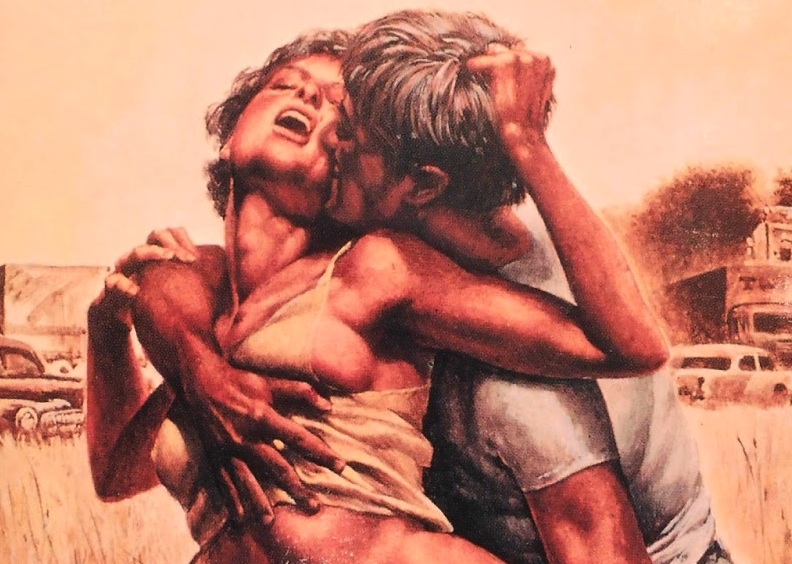
From a foreign edition of Erskine Caldwell’s God’s Little Acre
Sixty-one years ago today, on February 19, 1953, the State of Georgia approved the formation of the first-ever literature censorship board in the United States. It went by the misleading name of the Georgia Literature Commission, and its humble charge was to stamp out obscenity in all of the myriad and insidious forms it took in our nation’s periodicals and publications. The Washington Post hasan excellent gloss on the commission, which persevered for some twenty years, despite having been mired in controversy from its inception. James P. Wesberry, the committee’s chairman—and not coincidentally a Baptist preacher—found himself ridiculed by the national press when, soon after the committee’s formation, he said, “I don’t discriminate between nude women, whether they are art or not. It’s all lustful to me.”
Thus, with God and a pure, unyielding ignorance on his side, Wesberry developed an eight-question checklist with which to gauge literature for obscenity:
1. What is the general and dominant theme?
2. What degree of sincerity of purpose is evident?
3. What is the literary or scientific worth?
4. What channels of distribution are employed?
5. What are contemporary attitudes of reasonable men toward such matters?
6. What types of readers may reasonably be expected to peruse the publication?
7. Is there evidence of pornographic intent?
8. What impression will be created in the mind of the reader, upon reading the work as a whole?
(One imagines that question seven did most of the heavy lifting—the committee probably skipped ahead to that one, much as a wayward youth would skip ahead to the prurient bits in a girlie mag.)
Erskine Caldwell’s God’s Little Acre was the first book to be suggested for censorship, in 1957; The Catcher in the Rye and The Naked and the Deadwere also deemed obscene. For the most part, though, the commission went after dime-store sleaze like Alan Marshall’s Sin Whisper—when they banned that title, the battle went all the way to the Supreme Court, which overturned the decision. By 1971, the whole commission seemed kind of silly. When Jimmy Carter, he who had lusted after women in his heart, was governor, he slashed the commission’s funding, and by 1973 it was no more. Still, when you see the lurid covers of these novels, you’ll understand why they were believed to corrupt and deprave. Here are some of the books the committee found too debauched for the public consumption:
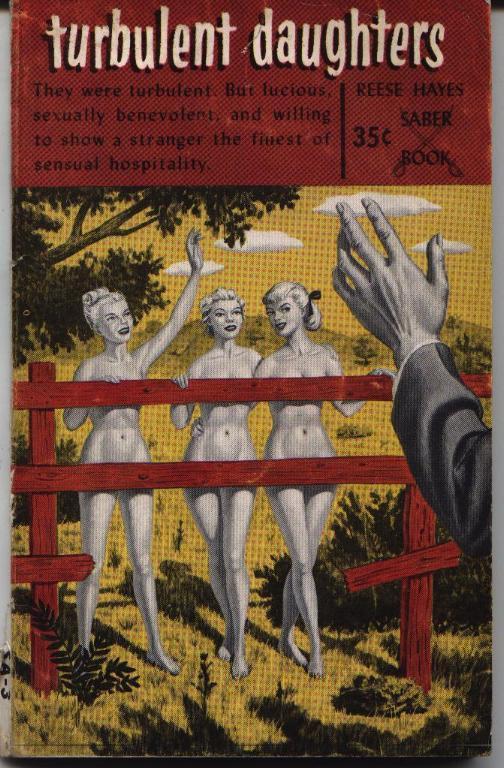
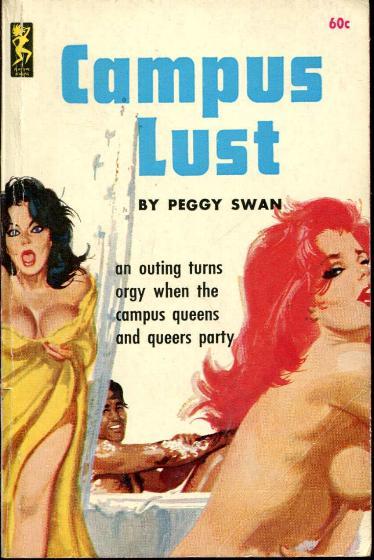
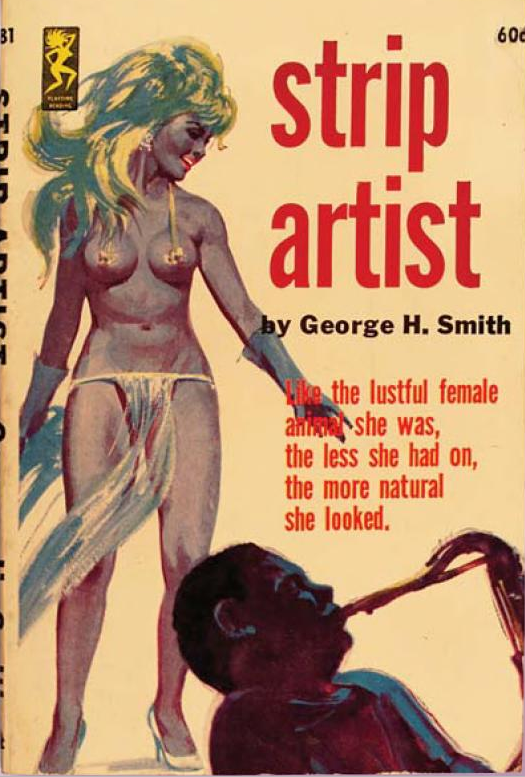
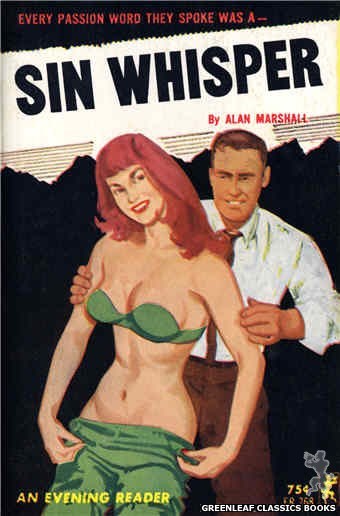
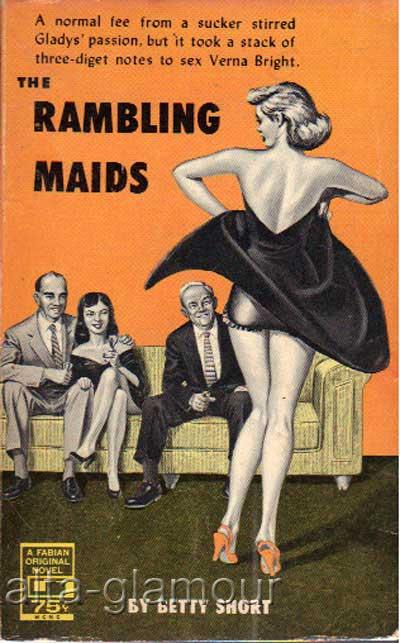
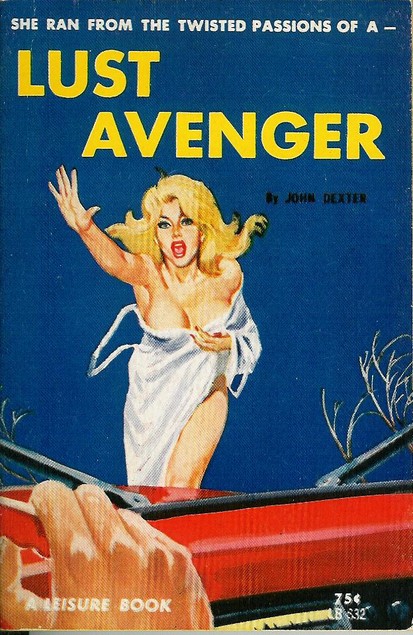
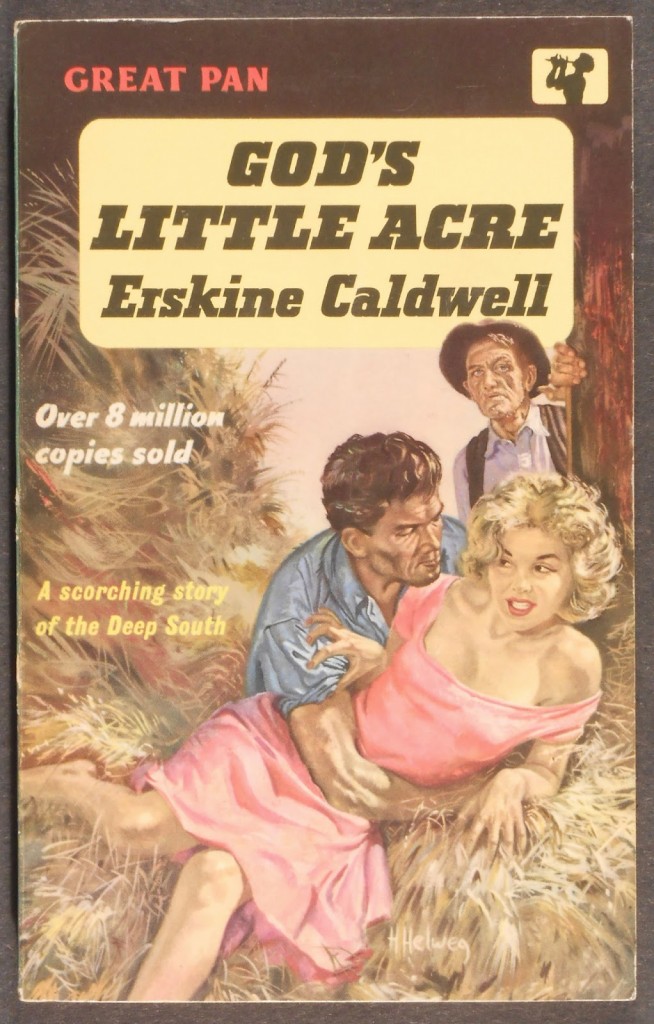
Search
Categories
Latest Posts
Whale Vomit Episode 8
2025-06-25 23:51Republicans grilled ex
2025-06-25 22:29Seizing Socialism’s Moment
2025-06-25 22:27Popular Posts
It’s a THAAD, THAAD, THAAD World
2025-06-25 23:39This chonky boy won 2019's National Dog Show
2025-06-25 22:32Condo-Maximum
2025-06-25 21:56Featured Posts
The Dog Delusion
2025-06-25 23:14Video chatting before first dates is actually not a terrible idea
2025-06-25 22:36'The Last of Us' episode 5: What are Bloaters?
2025-06-25 22:23Peloton Wife returns in ad for Ryan Reynolds' Aviation Gin
2025-06-25 22:16Feminists of the Basque Country
2025-06-25 22:08Popular Articles
Retirement, Brought to You by Prisons, Inc.
2025-06-25 23:48Lil Bub, the adorable internet
2025-06-25 23:35Another Sorry Snob
2025-06-25 21:44Newsletter
Subscribe to our newsletter for the latest updates.
Comments (8488)
Thought Information Network
A Right to Police Accountability
2025-06-25 23:20Speed Information Network
What are romance scams and how can you avoid them?
2025-06-25 22:34Visual Information Network
2023 Super Bowl halftime show: If Rihanna is all you want to watch, here's when to do so
2025-06-25 22:30Progress Information Network
Get 25% off Under Armour Fleece activewear
2025-06-25 22:18Elite Information Network
The Swamp Thickens
2025-06-25 21:40